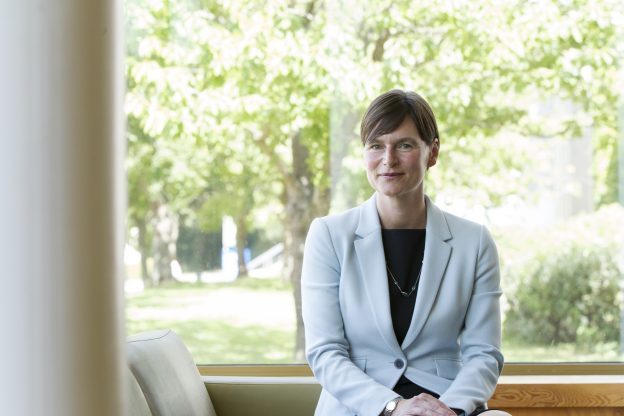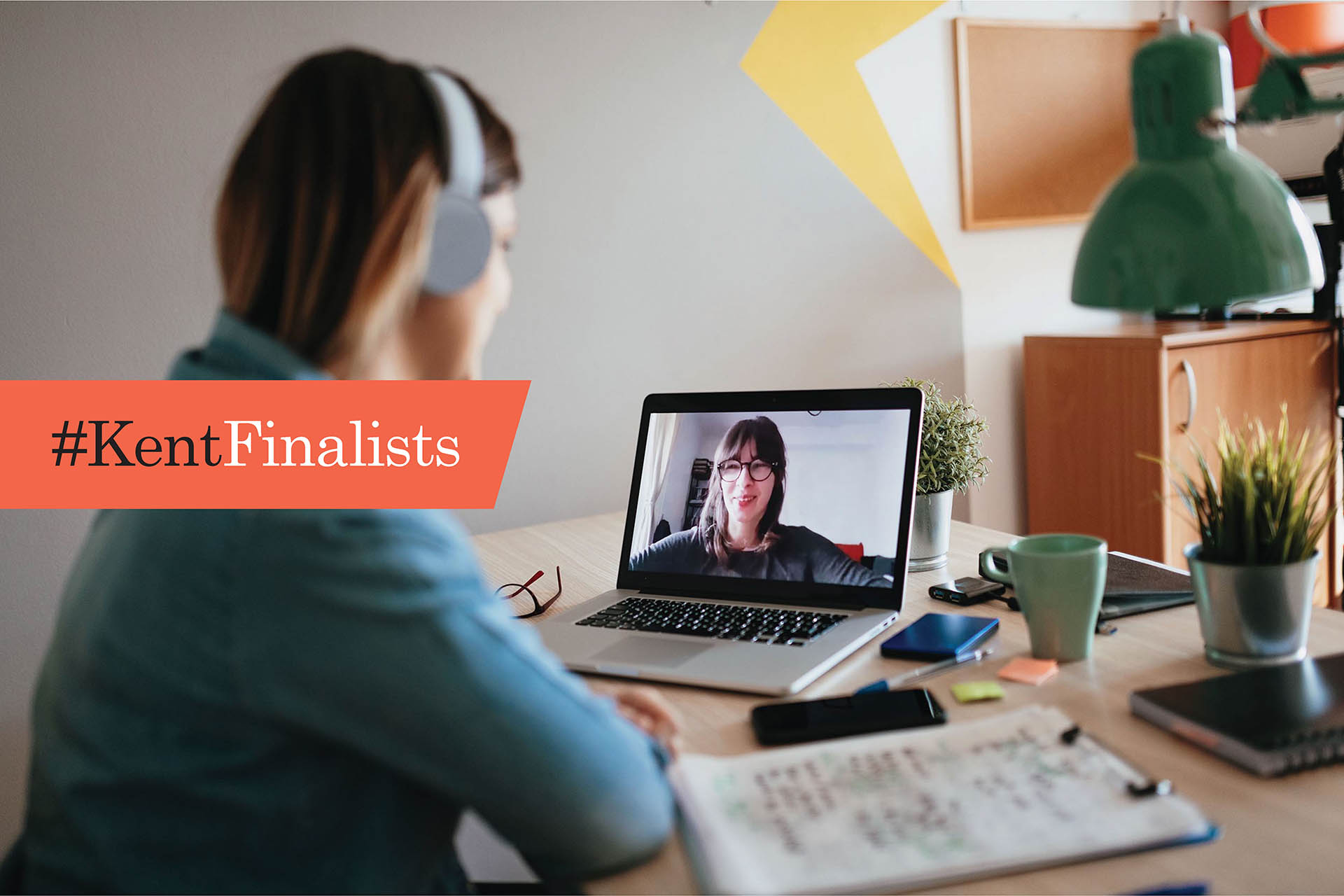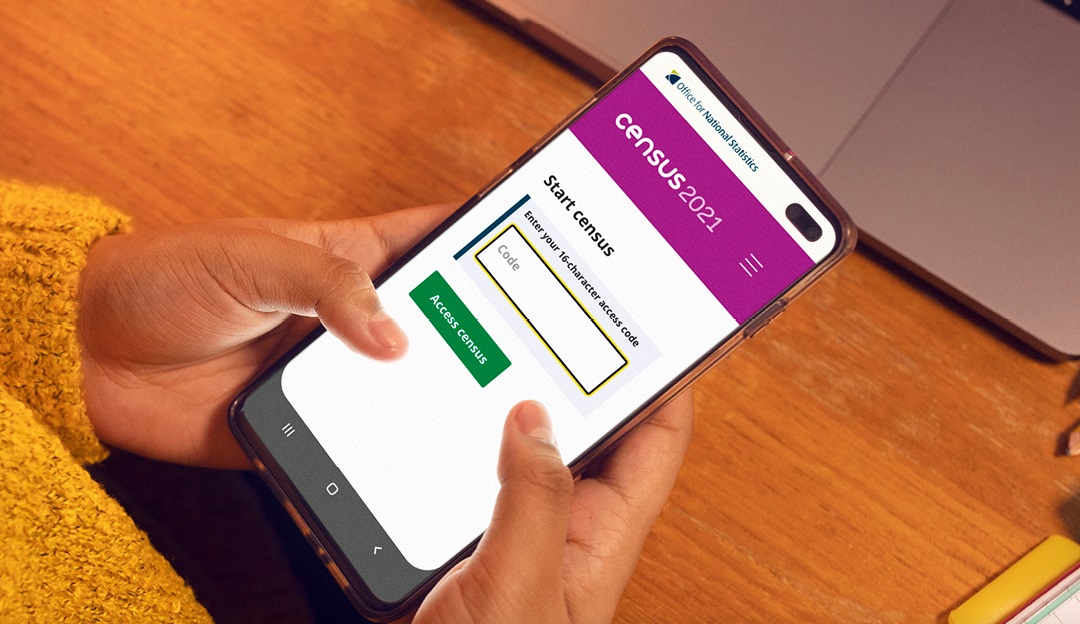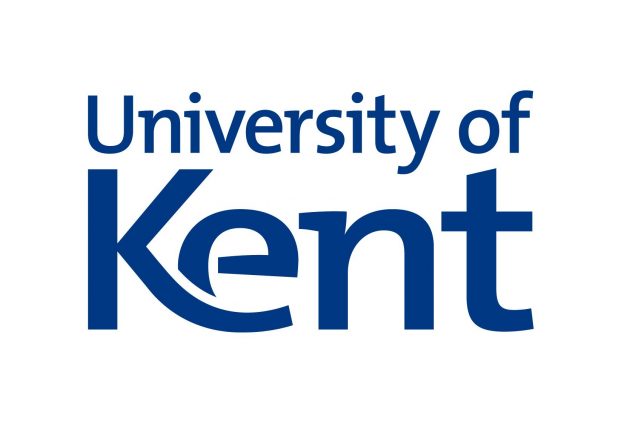EDI Forum
A new EDI Forum Teams site has been created for all staff and students – join the teams site to start talking Equality, Diversity and Inclusion
What’s it’s Purpose
‘On-the-ground’ group to provide an avenue for staff and students to raise issues, concerns, share best practise and ideas for improving EDI at Kent.Actions can be passed to the most appropriate steering group, or inter-sectional issues reported to the EDI strategy group.Completed and in progress actions should be fed back from the relevant steering group to form an EDI forum report and the start of subsequent meetings.
What are the Ground Rules
Please comply with the University IT Regulations IT Regulations – Information Services – University of Kent
Behave respectfully
- Don’t waste IT resources or interfere with others’ legitimate use.
- Don’t behave towards others in a way that isn’t acceptable in the physical world
Active Bystander Staff Training
Staff Training – 3 dates available
The training will provide the skills to challenge unacceptable behaviour including those that have become normalised
A 90 minute virtual session which will include:
- A video demonstrating bystander apathy
- Specific references for the HE Sector
- References to high profile examples of inappropriate/unacceptable behaviour
- Decision-making techniques to help people overcome fear and self doubt when faced with a challenging situation
- Assertiveness techniques to give them the confidence and tools to speak out, whether they are dealing with the challenge directly or calling for help from others.
The session will include group discussion and interactivity and each delegate will receive an PDF ‘Active Bystander’ toolkit booklet, which contains the main techniques covered in the session.
There are 40 places available on each session and they are bookable on Staff connect
All sessions will run from 14.00-15.30 on the 28 April , 19 May and the 23 June
Staff EDI Rep Induction
- Overview of role
- EDI Governance and teams at Kent
- EDI Projects/Networks
- Online resources
- Good Practice and Communication Tips
- EDI website
Inclusive Employers webinars
Free spaces for staff
As part of our membership with Inclusive Employers we are provided with 5 free spaces on each of the Webinars that they deliver – they will be allocated on a first come first served basis – if you are interested in attending any of the following webinars – email equalityanddiversity@kent.ac.uk
Monthly updates of upcoming webinars will be posted.
Tackling Trans Inclusion Further Than ‘Trans 101’ – Thurs Mar 25, 15.00-16.00
Autism Awareness – Wed Apr 7, 12.00-13.00
Intersectionality in the workplace – Thurs Apr 15, 9.00-10.00
Putting a stop to microaggressions and banter – organisational approaches – Tues Apr 20, 9.00-10.00
Inclusive line manager conversations – Thurs Apr 29, 12.00-13.00
University Harassment Contacts – we need you!
Staff – University Harassment Contacts are trained staff members who can be contacted for advice and support. Staff or students can choose to contact any of the Harassment Contacts and may prefer to speak to someone from a different department or section about intimidating, hostile, degrading, humiliating or offensive conduct or unwanted conduct of a sexual nature, for example.
The EDI team would like a more diverse group of Harassment Contacts. If you are interested in becoming a harassment contact for the University of Kent please email equalityanddiversity@kent.ac.uk where we can take you through what it involves.
The next introductory session will take place 30 March 14.00-16.00









